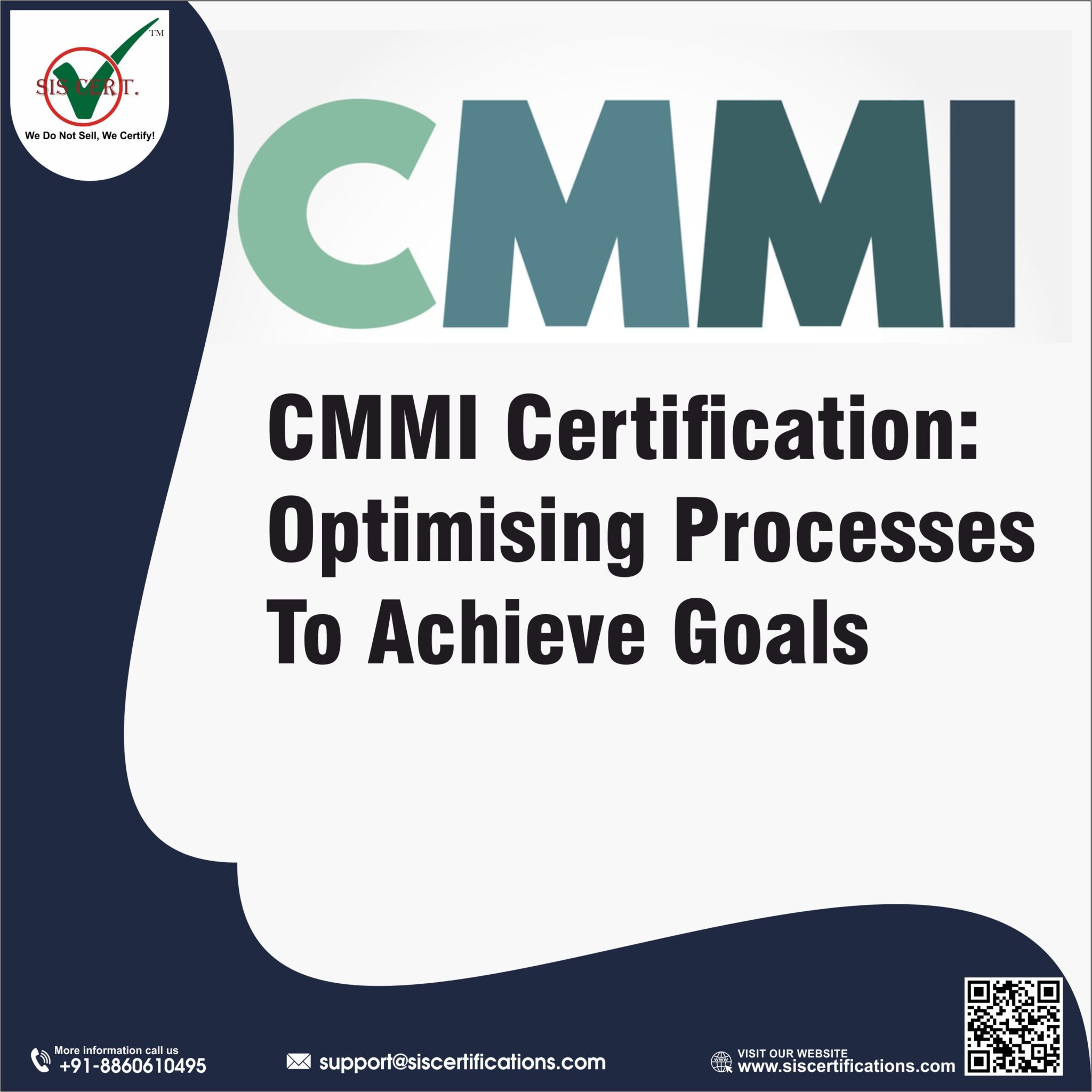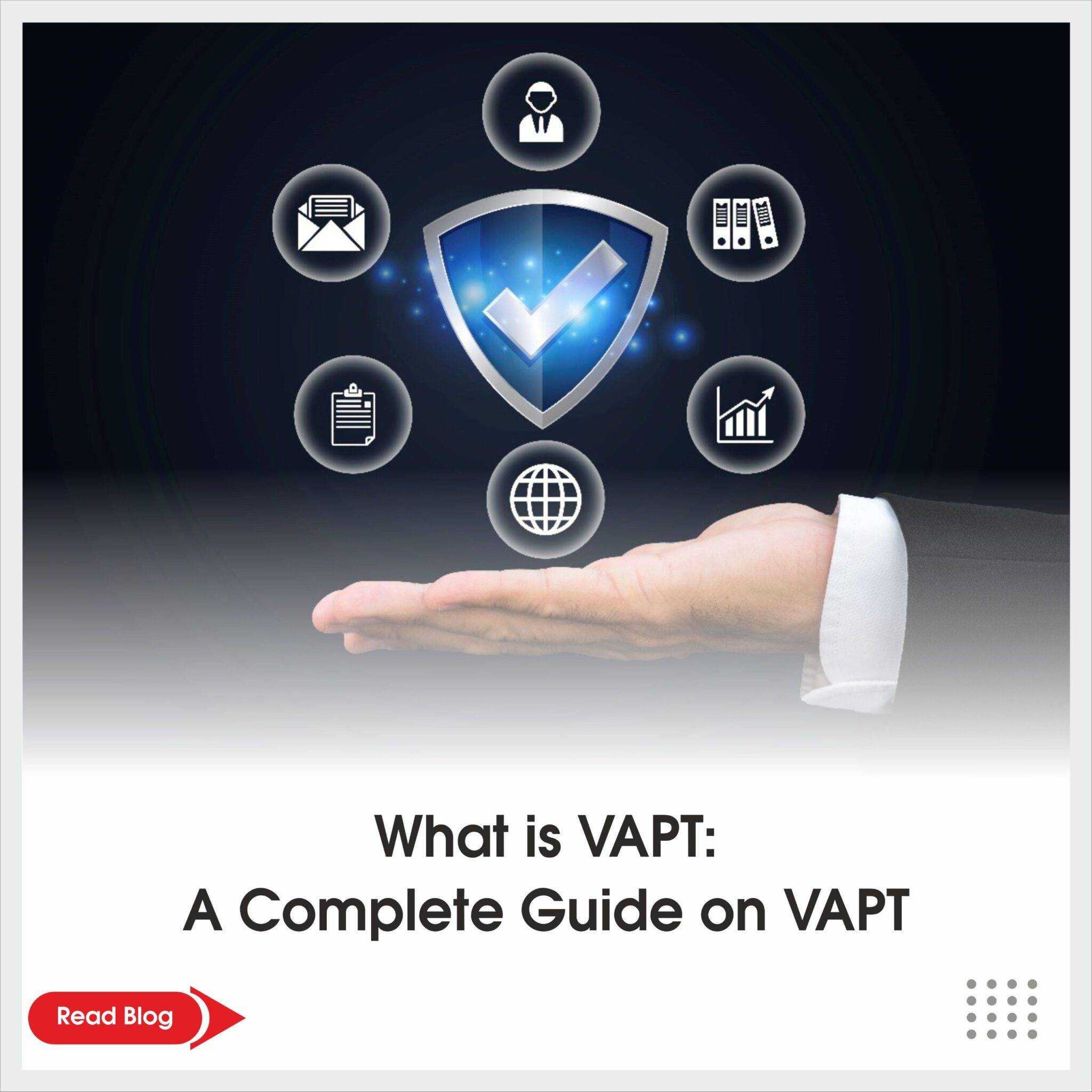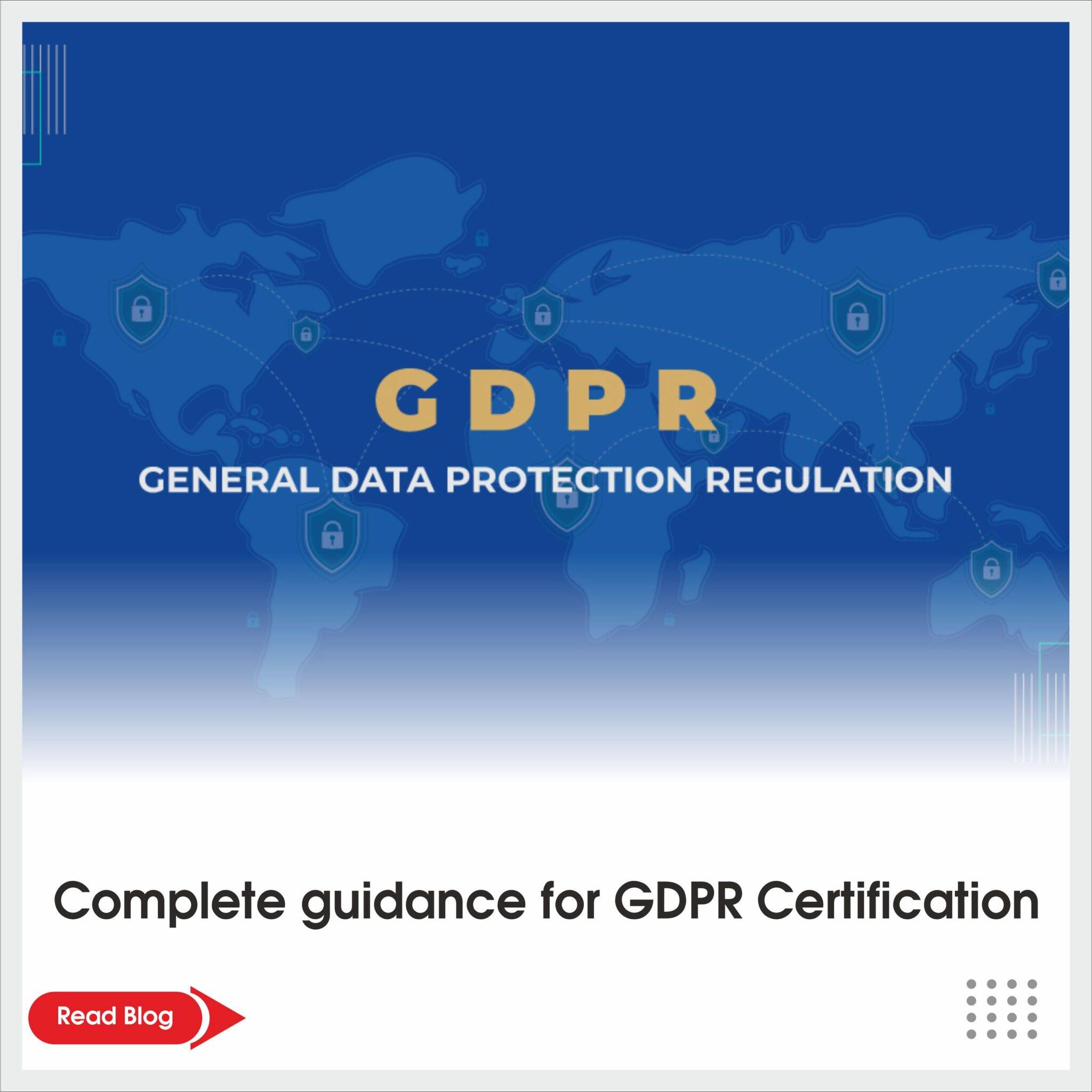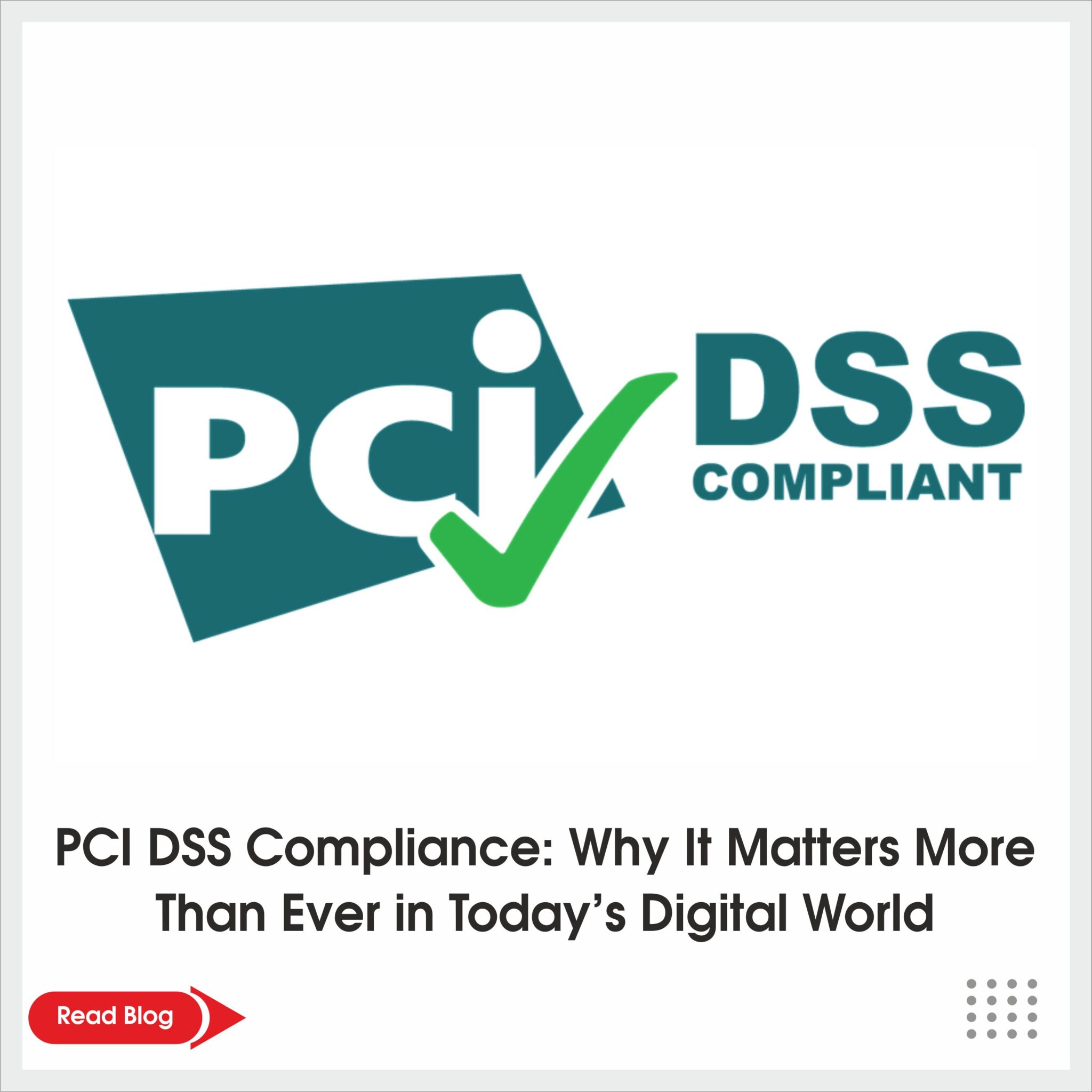When it comes to choosing a CMMI certification, there are a lot of things to consider. But don’t worry, we’re here to help! In this blog, we’ll discuss the different types of CMMI certifications, the benefits of each, and what you need to know in order to choose the right one for you.
By the end, you’ll be armed with all the knowledge you need to make an informed decision about which CMMI certification is right for you. So what are you waiting for? Let’s get started!
What Is the CMMI Model?
CMMI, or the Capability Maturity Model Integration, is a model that organizations can use to improve their software development processes. The CMMI model was created in 1989 by the Software Engineering Institute (SEI), a branch of Carnegie Mellon University.
The CMMI model is divided into five main maturity levels : Initial, Managed, Defined, Quantitatively Managed, and Optimising. Each maturity level has its own set of goals and objectives that organizations can strive to achieve in order to improve their software development processes.
Overview of CMMI Certifications
So, you’re interested in Capability Maturity Model Integration CMMI certifications ? Excellent choice! This guide will provide a comprehensive overview of the different types of CMMI certifications available, so you can choose the one that’s right for you.
We’ll start by discussing the different levels of certification available, so you can get a sense of what each one entails. Then we’ll go over the different types of exams available, and help you decide which is the best fit for your skills and knowledge.
We’ll also provide tips on how to prepare for your exam, and give you a sneak peek at what to expect on the day of the test. By the end of this guide, you’ll be ready to take the plunge and get certified!
What is CMMI Level? ⮯
CMMI focuses on process improvement in an organization with proven ways of doing business. This is not a random way of doing business but involves methods that evaluate and measure the maturity of the software development process on a scale of 1 to 5. Though CMMI was originally developed to improve the Software Development processes of an organization eventually it was also introduced into –
- System Engineering
- Software Acquisition
- Supplier Sourcing
- People CMM
What is CMMI Level 1?
At maturity level 1 (CMMI Level 1) processes are at a very rudimentary stage that is quite chaotic. The organization is at a pre-mature stage in which individual success defines the overall performance of the organization. The company is still not working with the proven processes that come with institutional authenticity.
What is CMMI Level 1?
At maturity level 1 (CMMI Level 1) processes are at a very rudimentary stage that is quite chaotic. The organization is at a pre-mature stage in which individual success defines the overall performance of the organization. The company is still not working with the proven processes that come with institutional authenticity.
What is CMMI Level 2?
At maturity level 1 (CMMI Level 1) processes are at a very rudimentary stage that is quite chaotic. The organization is at a pre-mature stage in which individual success defines the overall performance of the organization. The company is still not working with the proven processes that come with institutional authenticity.
What is CMMI Level 2?
At maturity level 1 (CMMI Level 1) processes are at a very rudimentary stage that is quite chaotic. The organization is at a pre-mature stage in which individual success defines the overall performance of the organization. The company is still not working with the proven processes that come with institutional authenticity.
What is CMMI Level 3?
If you’re considering CMMI certification Level 3 for your business, it’s important to understand the process involved. The CMMI certification program consists of five main stages: appraisal planning, initiation and composition of the appraisal team, appraisal execution, appraisal completion and report generation, and report review & results presentation.
At each stage, the team evaluates specific aspects of the organization’s performance such as strategic planning, risk management, customer satisfaction, and organizational learning. During the appraisal execution stage, a detailed assessment is done in order to identify and document current capabilities as well as areas of improvement. Finally, at the report review & results presentation stage, all findings are discussed and potential solutions are proposed to reach Level 3 status.
While this process can be quite lengthy and time-consuming, following through with it all is key to achieving Level 3. So be sure to read up on each step thoroughly before proceeding with CMMI certification!
What is CMMI Level 4?
At maturity level 4 the overall process performance is the result of sub-processes that are selected to fructify the needs of customers, end users, organizations and process implementers. The involved sub-processes are controlled using statistical and other quantitative techniques. The inclusive criteria in managing processes have been set through the quantitative objectives. The organizational measurement repository is aligned with the quality and process performance measures to support fact-based decision-making in the future.
What is CMMI Level 5?
At Capability Maturity Model Integration CMMI Maturity Level 5 the most significant area of process improvement that an organization works on is the quantitative understanding of business objectives. Here the organization is entirely dedicated to implementing innovative processes and technological improvements that get continually revised to reflect changing business objectives. The ensuing effects of the deployed process improvements are measured using quantitative and other statistical techniques which are compared to the quality and process performance objectives.
What is SCAMPI? ⮯
Organizations need a SCAMPI lead appraiser to help the team “achieve a level.” that is the result of the Standard CMMI Appraisal Method for Process Improvement (SCAMPI). It is the appraisal method that exists at different types of appraisals, called “Classes”. These can be distinguished as SCAMPI A, SCAMPI B, or SCAMPI C..
Benefits and Challenges of Obtaining a CMMI Certification ⮯
If you are thinking of getting a CMMI certification it can bring a lot of benefits to your organization.
But before you take the plunge, it’s important to understand the challenges that come with obtaining certification. CMMI certification is not easy—it takes a lot of time, effort, and resources to obtain and maintain.
But if you’re willing to put in the hard work, the rewards are definitely worth it. A CMMI certification can help your organization achieve higher levels of performance and efficiency, and can help you attract top talent and improve customer satisfaction.
The CMMI-DEV Certification Process ⮯
To gain CMMI-DEV certification, you’ll need to follow a few steps. Firstly, you’ll need to decide which model of the CMMI you want to use; the CMMI Development (CMMI-DEV) model is usually the best option for development organizations. Then, you’ll need to undergo an appraisal process and be assessed by an accredited appraiser who will determine your organization’s compliance with each process area. Along with the appraisal results, documentation from your organization needs to be provided to prove its ability to meet the CMMI-DEV standards.
Lastly, you’ll need to submit your assessment results, as well as all relevant documents, for review by a CMMI Institute Review Board (IRB). Once approved, your organization will receive its official certification and can start applying the best practices described in its chosen model of the CMMI.
Required Training for CMMI Certification ⮯
Before you can earn the CMMI certification, you must go through the appropriate training. The length and type, of course, depend on the type of certification and level desired. Generally, the course lasts from two to five days and includes a combination of classroom instruction and hands-on exercises. It’s important to take the time to fully understand what’s being taught and asked of you so that you can maximize your chances of success on the exam.
During the course, you will learn how to successfully apply CMMI models in order to improve organizational performance. In addition, the material is provided that serves as reference material for taking the exam. Lastly, an instructor will be present who can answer questions and provide additional explanations as needed.
Tips for Achieving CMMI Certifications ⮯
Achieving a CMMI certification is a highly rewarding experience, and following these tips can help you get there. First of all, make sure to read up on the latest version of the CMMI model and thoroughly understand each practice. This will not only make you more efficient in preparing for certification examinations, but it will also give you the foundational knowledge needed for successfully implementing CMMI models.
Next, create an action plan to guide your organization’s progress toward earning the certification. This plan should include specifics such as deadlines, assigned tasks and responsibilities, measurable objectives and expected outcomes.
Finally, seek out an experienced CMMI consultant who can give advice and provide training on the best ways of implementing practices within your organization. Working with a qualified consultant can make a huge difference in achieving your desired outcome—a successful CMMI certification!
Why SIS Certifications?
SIS Certifications have a committed approach toward their work as facilitators, coaches, and advisors. We have an elaborate program of CMMI consulting services to help organizations find out the best strategy for achieving their goals. Our approach is simple, practical, and effective to give an implementation process that adds value to the business operations.




